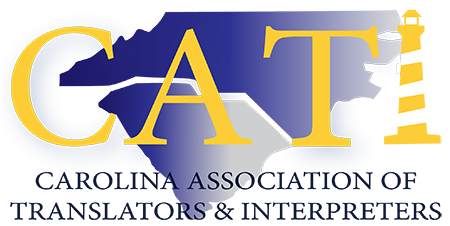Janis Palma has been so nice to extend her presentation from our conference into 2 separate webinars:
Taking it to the next level:
discourse analysis techniques to improve accuracy
Part 2 – Consecutive, July 15 at 11:00 am EST
Participants will learn how to recognize those parts of speech that are critical for accurate renditions into a target language, and those that are not. The presentation will go over the basic grammatical structure of legal and standard English, the role that semantics and pragmatics play in capturing a speaker’s intended meaning, and how best to convey that meaning in the target language through discourse analysis according to consecutive techniques.
This webinar is open to interpreters in all languages and all specialties, although some examples during the webinar may be in Spanish as the target language, and use legal scenarios to illustrate strategies and techniques.
Learning Objectives – At the end of the webinar, participants will be able to:
1. Recognize grammatical structures in standard and legal English, and reconfigure according to target language’s grammatical rules;
2. Differentiate between semantic and pragmatic elements of meaning in discourse according to the consecutive interpreting mode;
3. Analyze and isolate units of meaning within source language discourse to convey them in the most effective, cohesive, and accessible manner for the LEP listener in a manner consistent with the consecutive interpreting mode.
Approved for 1 ATA CEU, 1 NC Courts, 1 IMIA
———————————————————————————-
Bio – Janis Palma, M.A., NCJIT-S, USCCI, TxMLCI
Janis Palma has had a career of more than 40 years as a federally certified English-Spanish interpreter and NAJIT-certified English-Spanish interpreter and translator. She holds an M.A. in literature and history from the Centro de Estudios Avanzados de Puerto y el Caribe and is currently working on a Masters in Legal Studies from Arizona State University. Ms. Palma is a Life Member of the National Association of Judiciary Interpreters and Translators (NAJIT) and former Chair of its Board of Directors. She is also a member of the Society for the Study of Translation and Interpreting (SSTI) Research Collaborative. Her research interest is the intersection of judiciary interpreting and meaningful language access for LEP criminal defendants in the U.S. She also created a nonprofit institute in 2022, IKIGAI, dedicated to interpreter education and advocacy. You can learn more about it at ikigaiusa.org.
